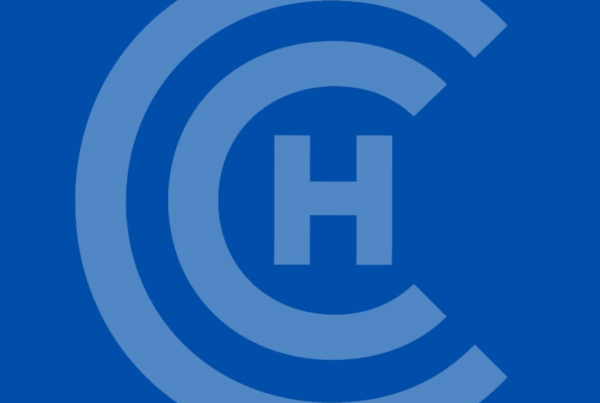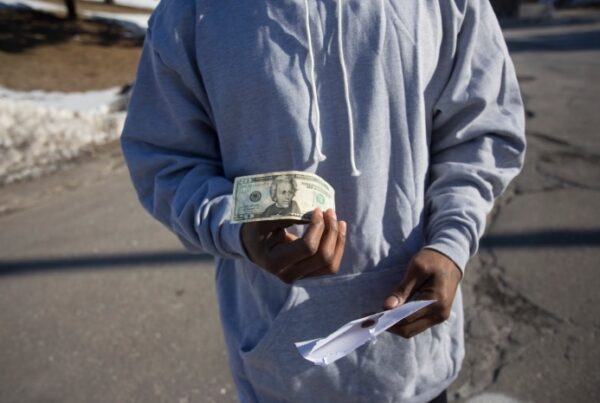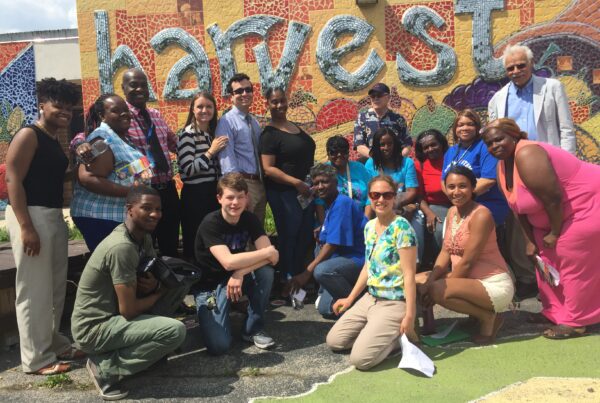By Samuel Carlson, Research and Outreach Manager
Princeton University’s Eviction Lab runs a COVID–19 Housing Policy Scorecard that now ranks Illinois 14th among the states in its eviction and housing-related responses to the pandemic.
Illinois’s ranking climbed 19 points after Gov. JB Pritzker’s issued an April 23 executive order that stops the initiation and enforcement of eviction orders during the current disaster proclamations, which run through May 30.
During this time, Illinois landlords cannot file eviction cases.
Additionally, law enforcement cannot remove a tenant from their housing or commercial business unless they are “a direct threat to the health and safety of other tenants.” The Illinois Commerce Commission has also required that utility companies suspend disconnections of electric, natural gas, and water service during the pandemic.
Eviction Lab cites 13 other housing measures that could be considered in Illinois to respond to the crisis. Without further action, the state is expected to see increases in evictions and, inevitably, a surge in the homeless population.
Chicago Coalition for the Homeless (CCH) has joined with other housing advocates, concerned about the growing threat of increased homelessness in a state with 3.9 million residential renters. We are pushing for several additional measures that would offer increased relief for those who are unstably housed.
As record-breaking unemployment rates continue to rise across the U.S., housing instability grows among Chicago households. An estimated 3% of applicants to the Chicago COVID–19 Housing Assistance Grant Program received financial support, leaving 81,000 households struggling to maintain their housing. In Chicago and across the state, advocates are coordinating efforts to curb the COVID–19 impact on renters precariously housed.
At the local level, Chicago Ald. Matt Martin (47th) introduced a city ordinance that would give Chicago renters who recently lost their income a 12-month grace period to pay their rent. “Thousands of Chicagoans have seen their income reduced or eliminated entirely as a result of COVID–19, particularly individuals who work in the retail, food-service, and hospitality industries,” the legislation reads. The city ordinance also asks Gov. Pritzker to enact other housing payment relief efforts, including relief for mortgage holders.
At the local and state level, CCH joins the Right to Recovery Coalition in advocating for increased tenant protections and homelessness prevention funding. Legislative demands include “an indefinite moratorium on evictions, halt all court hearings and filings for evictions and foreclosures, and waive the collection of all rent, mortgage, and utility payments throughout the duration of the crisis. Tenants unable to move during the crisis must be granted automatic lease extensions, and officials must find immediate housing for all those who are houseless and unable to self-quarantine.”
On behalf of those in subsidized housing, CCH works in a coalition of eight other advocacy organizations, convened by Housing Action Illinois and Legal Aid Chicago. We advocate eviction moratoria for people precariously housed in programs managed by the Chicago Low-Income Housing Trust Fund (CLIHTF) and the Illinois Housing Development Authority (IHDA). Tenants who live in the Rental Housing Support Program or Low-Income Housing Tax Credit supported properties will be among the hardest hit renters of subsidized housing because those programs do not reduce rent obligations when tenant income decreases.
At the federal level, CCH grassroots leaders are advocating with congressional representatives for emergency rental assistance, eviction and foreclosure moratoria, and homelessness prevention measures, following the recent CARES Act.
Increased relief for Illinois renters is needed to prevent a massive increase in homelessness. We are at a crucial time when a housing and homelessness response becomes paramount to flattening the curve.






